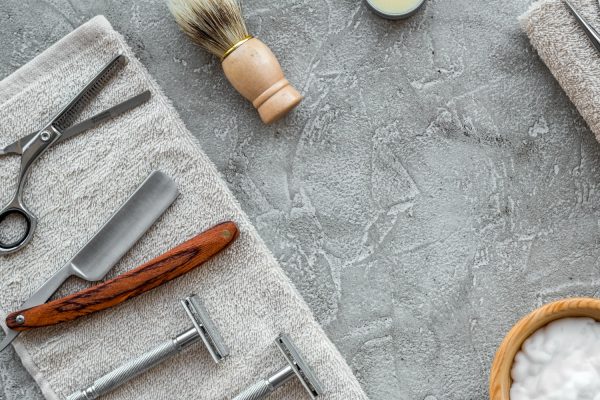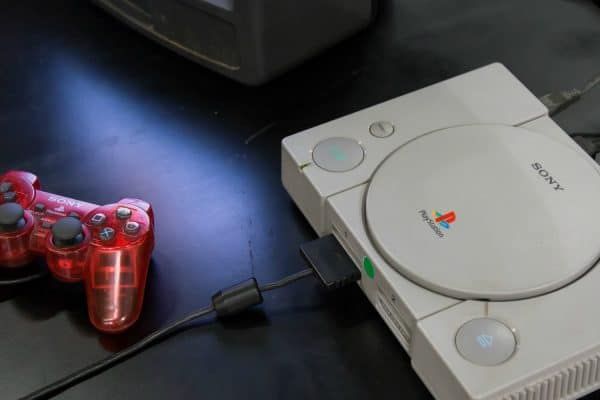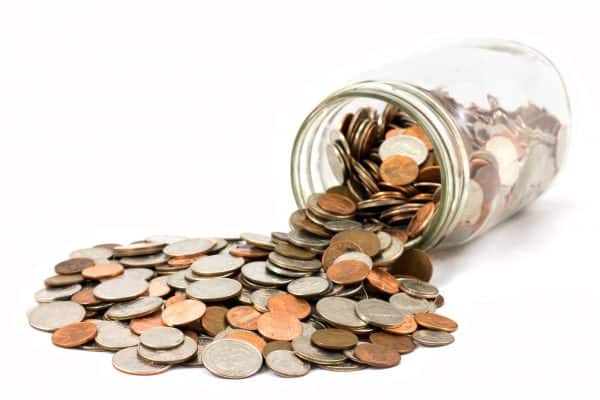Preparing to move into a new home is an intense and often stressful experience. There’s paperwork to sort out, moving vans, and all the other things that come with setting up a new home. Although you’ll have read your tenancy agreement thoroughly before signing, it’s often not until later that you need to refer back to it. One thing you may find yourself trying to work out is who is responsible for home repairs? You, or your landlord? Many tenancy agreements leave the topic a grey area. It’s up to the tenant to live in their home responsibly and not cause damage. But, what about when items break, or damage occurs for another reason? We’ve put together this guide to help you decide whether to call the landlord, or crack on yourself.
The structure of the building
Verdict: Landlord!
From walls to windows and the roof to the doors, these are your landlord’s responsibility to keep in good working order. If a window gets broken, or the lock on a door doesn’t work, report it straight away so your landlord can arrange repairs. You can’t escape all responsibility for the structure of your home, though. Basic maintenance like cleaning windows and wiping down PVC doors usually falls to the tenant to undertake.
Mould and damp
The verdict: Landlord!
The usual culprit for damp and mould problems is condensation caused by inadequate ventilation, heating or insulation. However, you can also get mould and damp as the result of rising damp, and leaks that are either coming in from outside, or internally between floors.
While there are some actions you should be taking yourself to prevent damp and mould, if you still have a problem, it’s your landlord’s responsibility to sort it out as it can be a health hazard. When you report it to them, be sure to tell them about any repairs that need to be carried out as a result, and if any of your or their furniture or belongings have been damaged.
Read more: This is how to keep your deposit when you move out of rented accommodation
Light bulbs and other minor home repairs
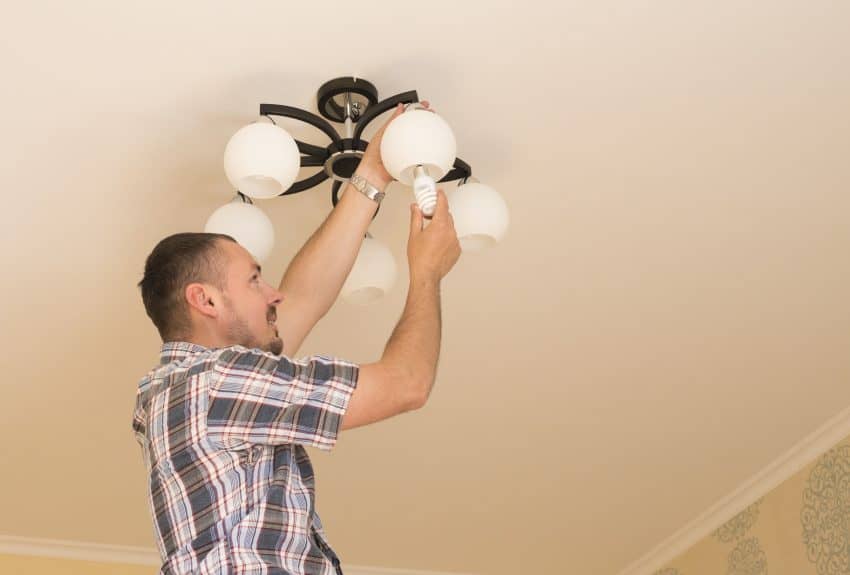
Volodymyr Plysiuk/Shutterstock
Verdict: You!
Minor repairs and maintenance in a property usually fall under the tenant’s responsibilities. Whether it’s changing the batteries in a smoke alarm or changing a light bulb, it’s likely to be your responsibility. And fortunately, many of these jobs are quick, easy and cheap. However, if something belonging to the landlord has become damaged or broken, even if it’s easy to fix, you should report it, rather than have them notice the damage when they inspect the property and dock some of your deposit.
Electrics and plumbing
Verdict: Landlord!
Although light bulbs are the tenant’s remit, if you find that bulbs are popping very frequently, or some lights work intermittently or not at all, then report it to your landlord and ask them to investigate. With your plumbing, you should take reasonable steps to maintain your pipes and keep drains unblocked. For example, avoid pouring oil or fat down your drains, and regularly clean out food and hair traps. If you have a major blockage or a leak, or if your bathroom fittings become damaged; it’s your landlord’s responsibility to solve the problem and you should report it straight away.
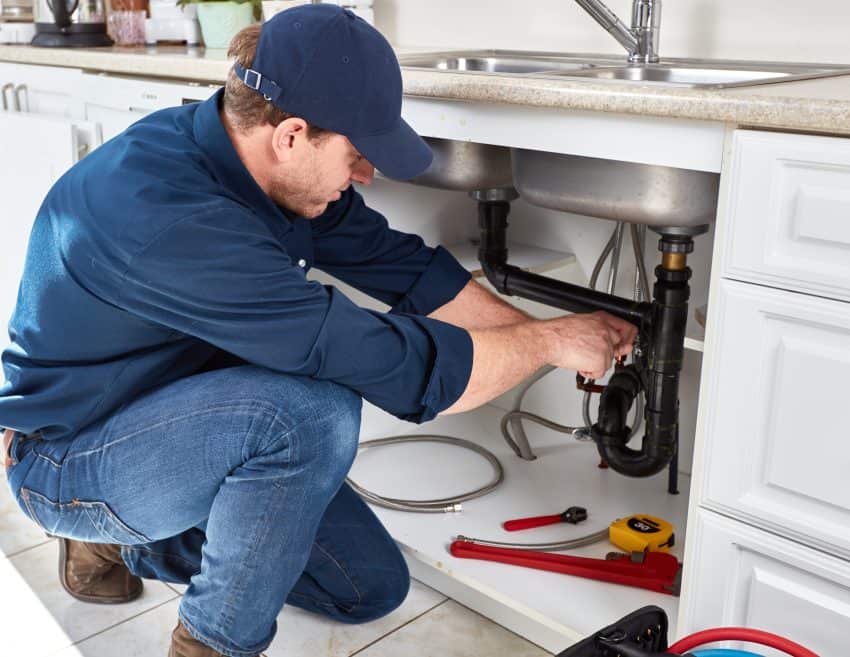
kurhan/Shutterstock
Furniture and appliances
Verdict: It depends!
Usually, the landlord will be responsible for anything they own, and you’ll be responsible for anything you own. If your kitchen has integrated appliances or they’ve been provided for you, they’re your landlord’s responsibility. This is the case even if the property is otherwise unfurnished. If you’ve bought an item yourself, then it’s up to you to make sure it’s safe to use and fit for purpose. If it gets damaged or broken, then that’s also your responsibility. The only time your landlord may be responsible for your belongings is if they are damaged as a result of a problem in the property, like damp, or in the course of any repairs.
What to do when your landlord won’t carry out repairs
If you rent privately, then negotiating may be the best way to get the repairs you need done. Perhaps you can arrange to sort the repairs out yourself, and deduct the cost from your next rent payment. If an appliance needs to be replaced, you could strike a deal where you split the cost with the landlord. Or, you could pay for it yourself on the condition that it’s then yours to take with you when you move out. If a letting agent manages the property, or if you rent through social housing, you can go through their complaints procedure to nudge things along. In either case, you must keep up with your rent while you wait for repairs to be completed. If you withhold your rent, then your landlord could take steps to evict you from the property.









